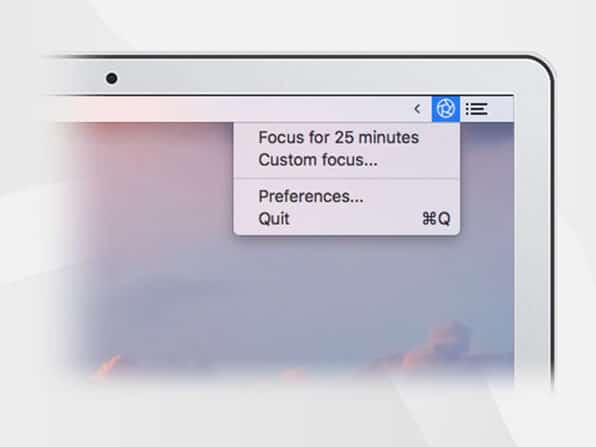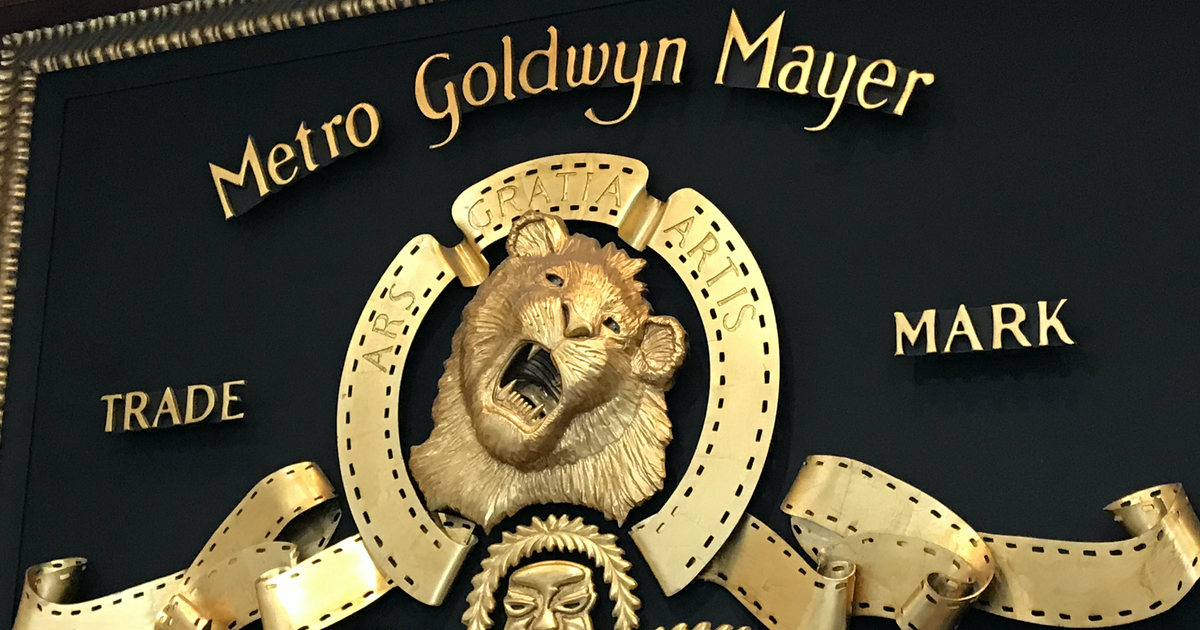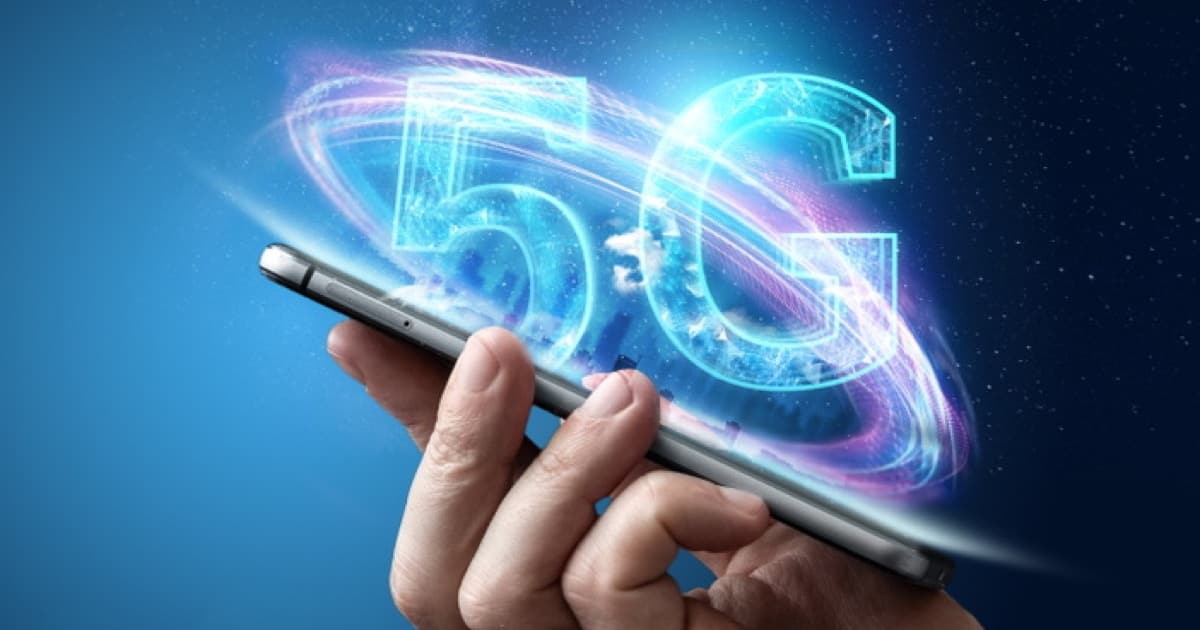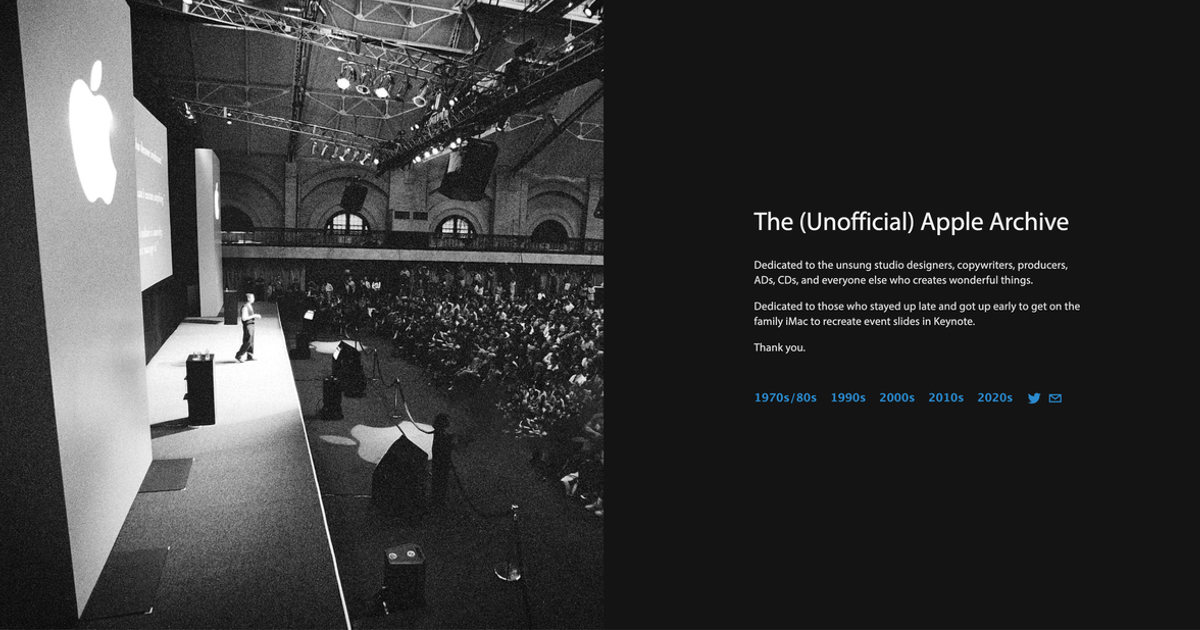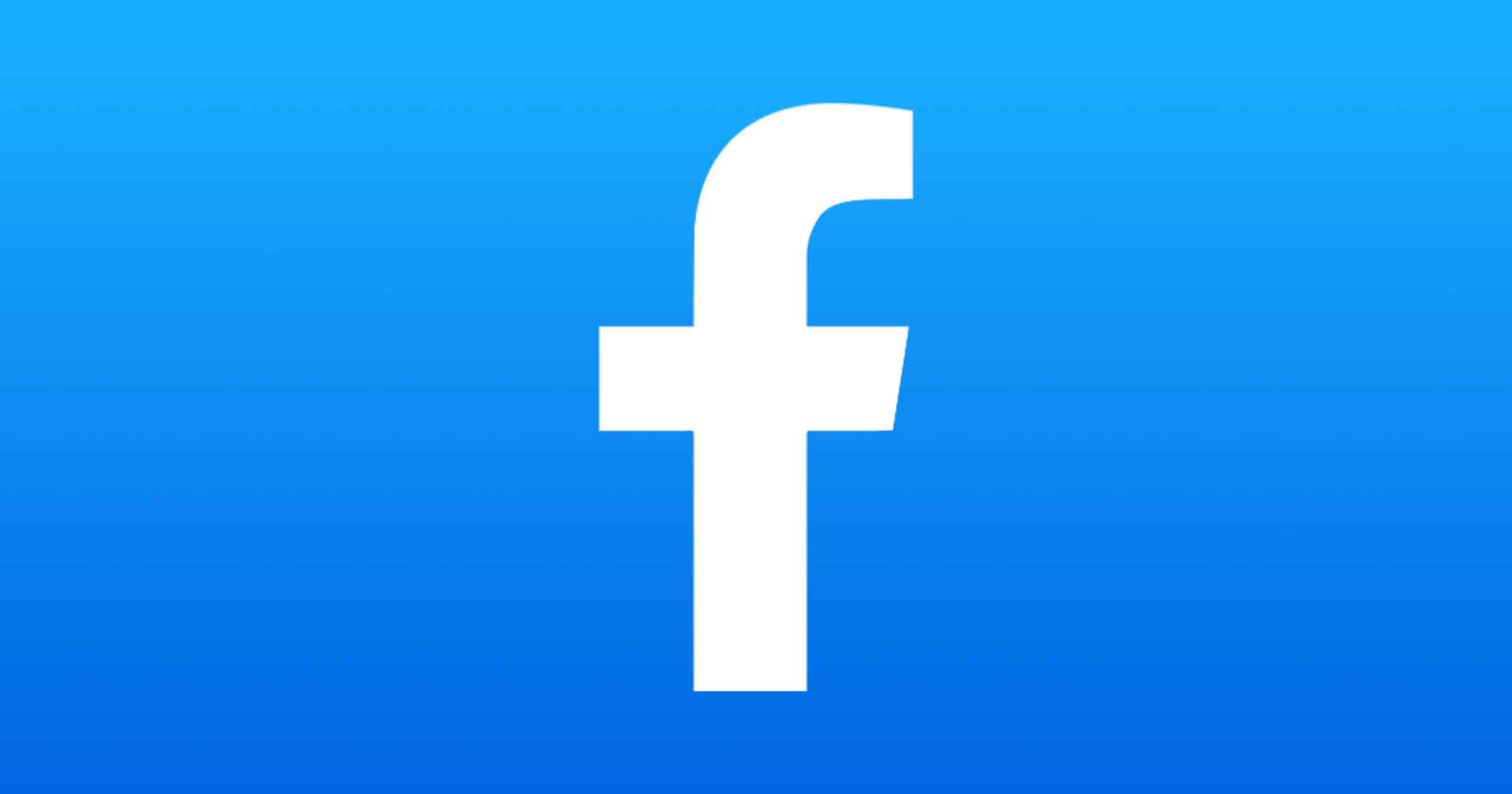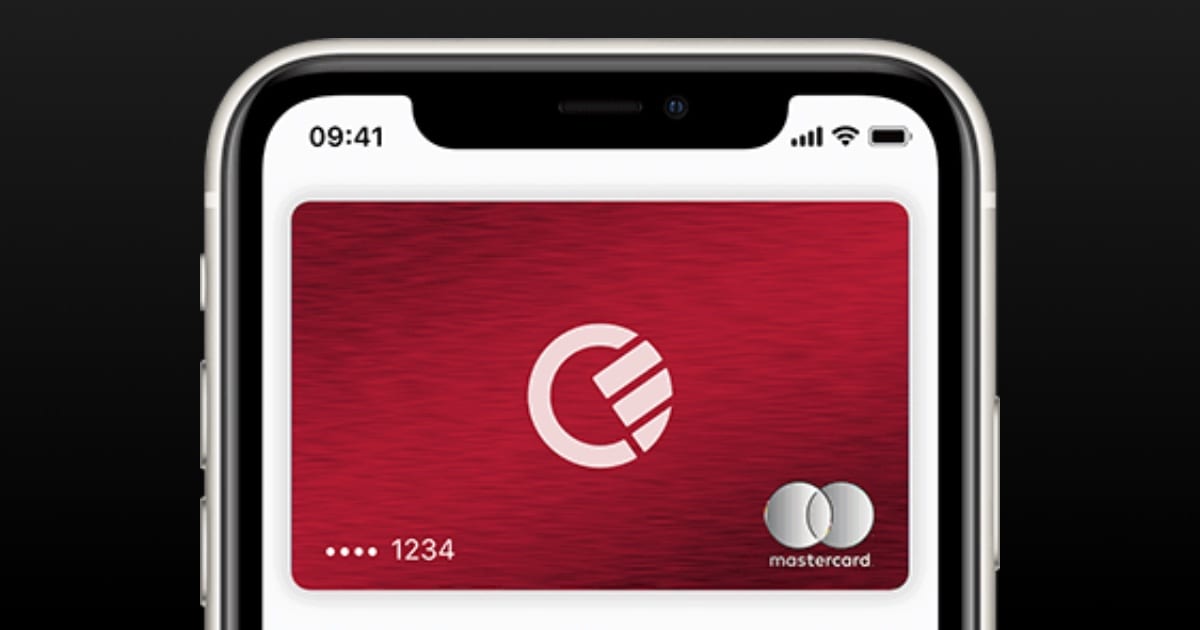Former Windows chief Steven Sinofsky wrote a blog post about how his team were caught off guard by the iPad.
The success of iPhone (140K apps & 3B downloads announced that day) blinded us at Microsoft as to where Apple was heading. Endless rumors of Apple’s tablet *obviously* meant a pen computer based on Mac. Why not? The industry chased this for 20 years. That was our context.
It’s a good read. Everyone expected Apple to compete with netbooks. They did, but not by creating their own Mac netbook.
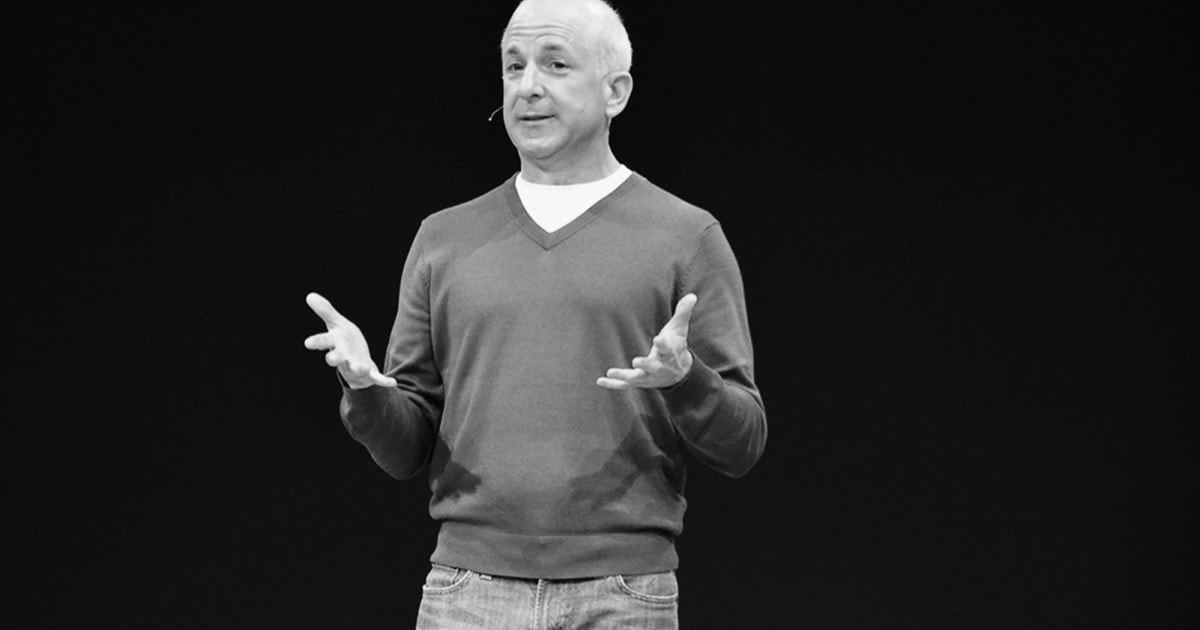
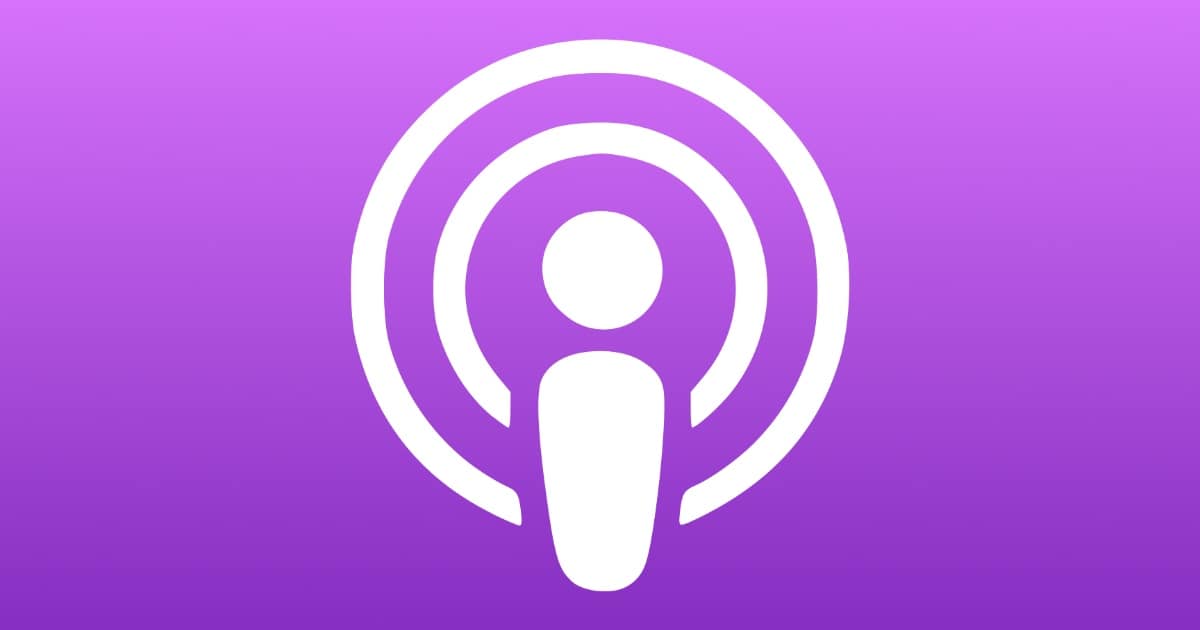
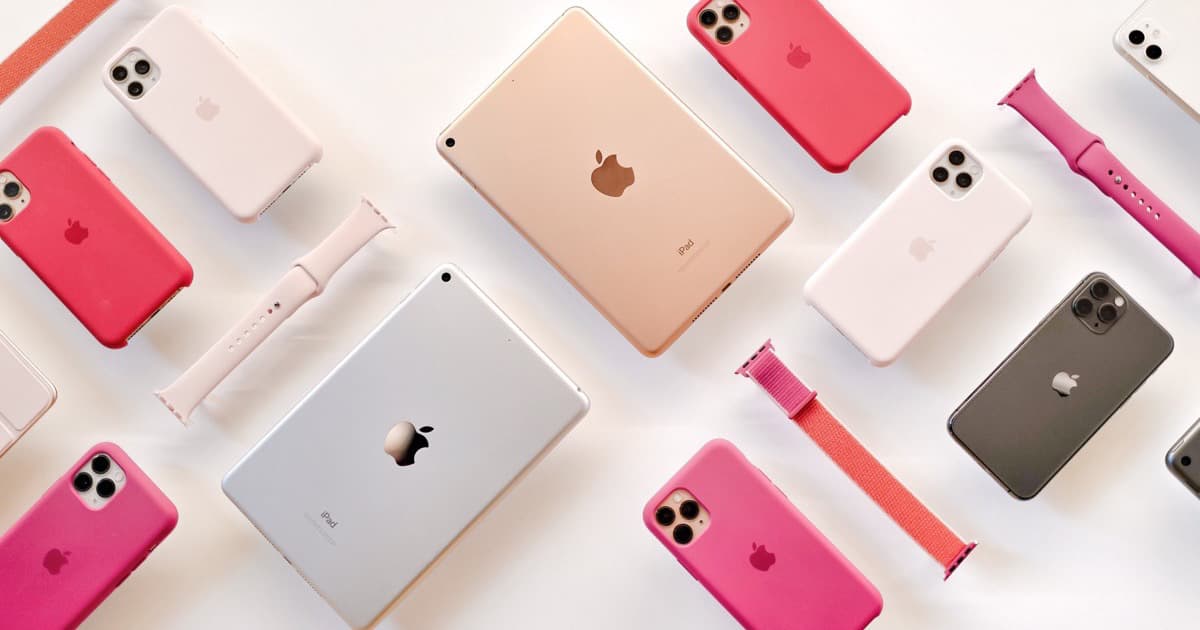
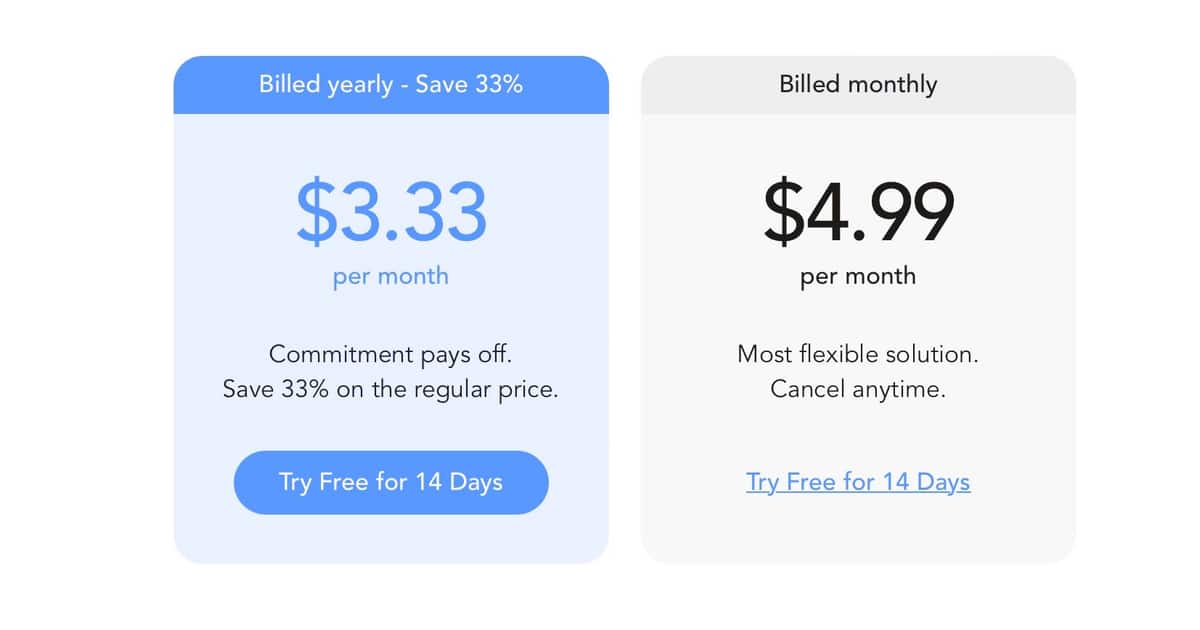

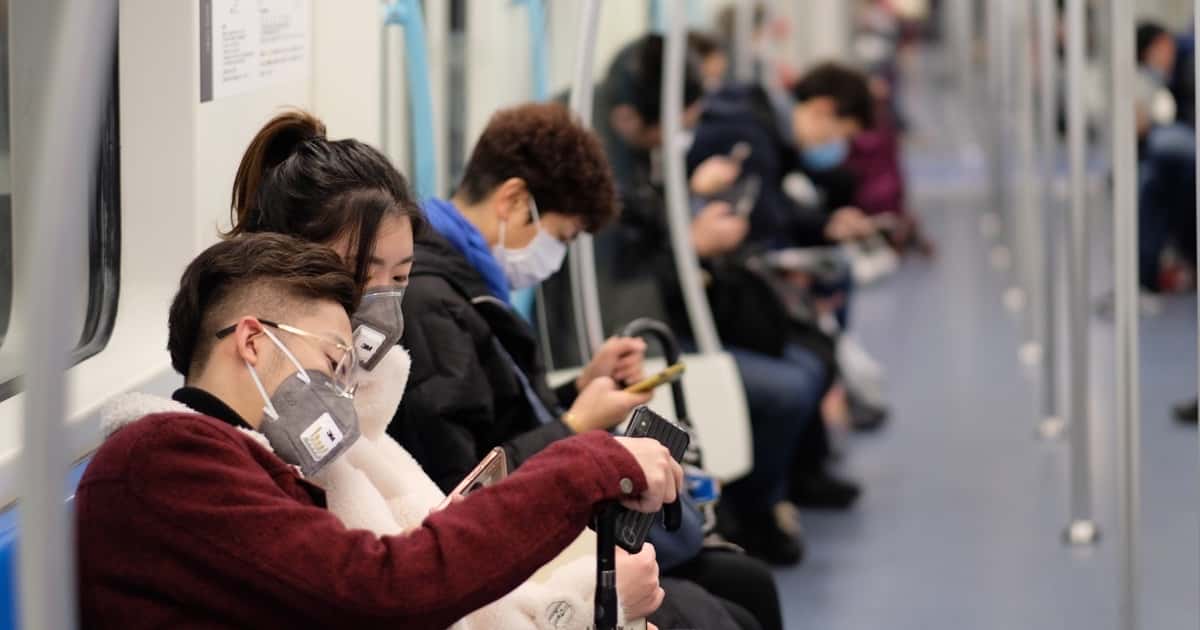



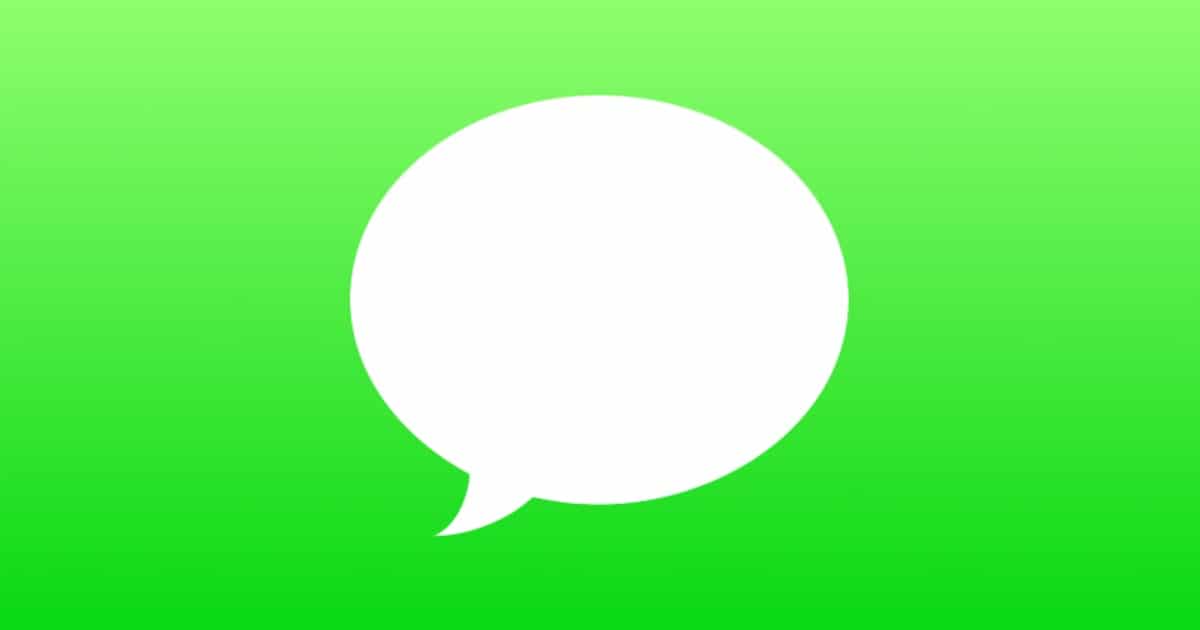
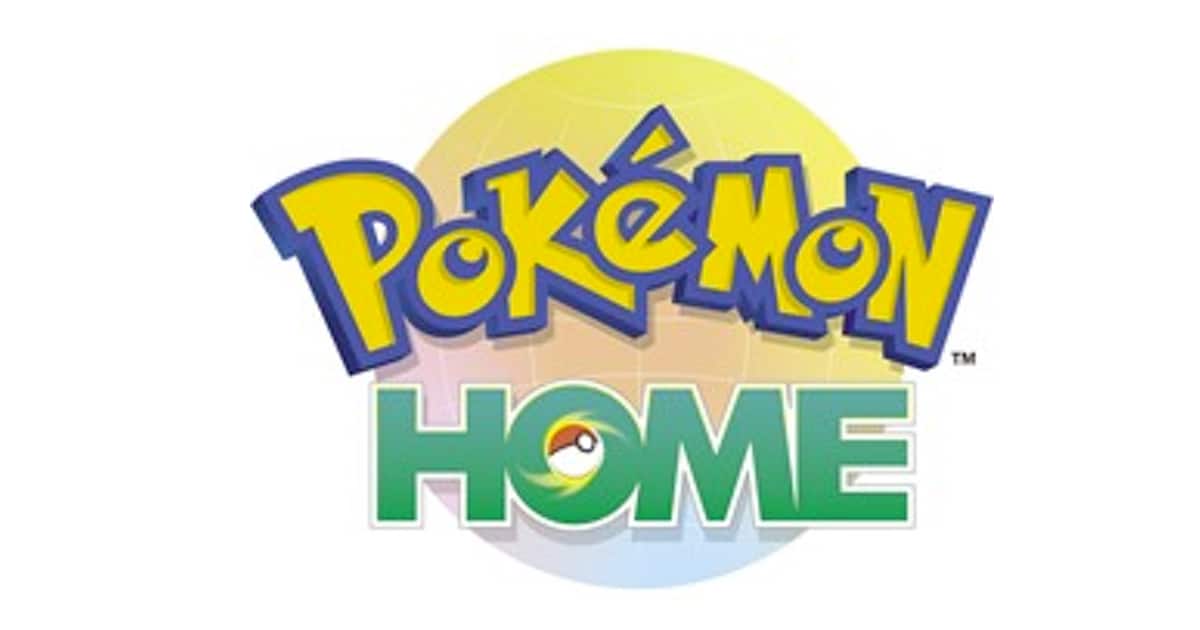

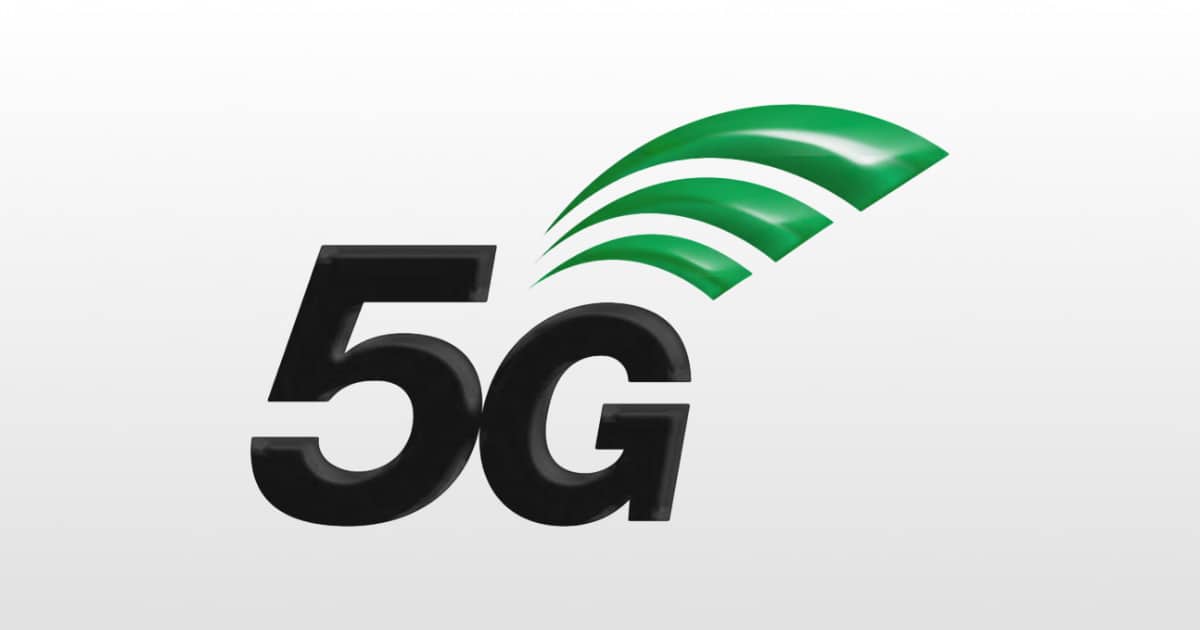
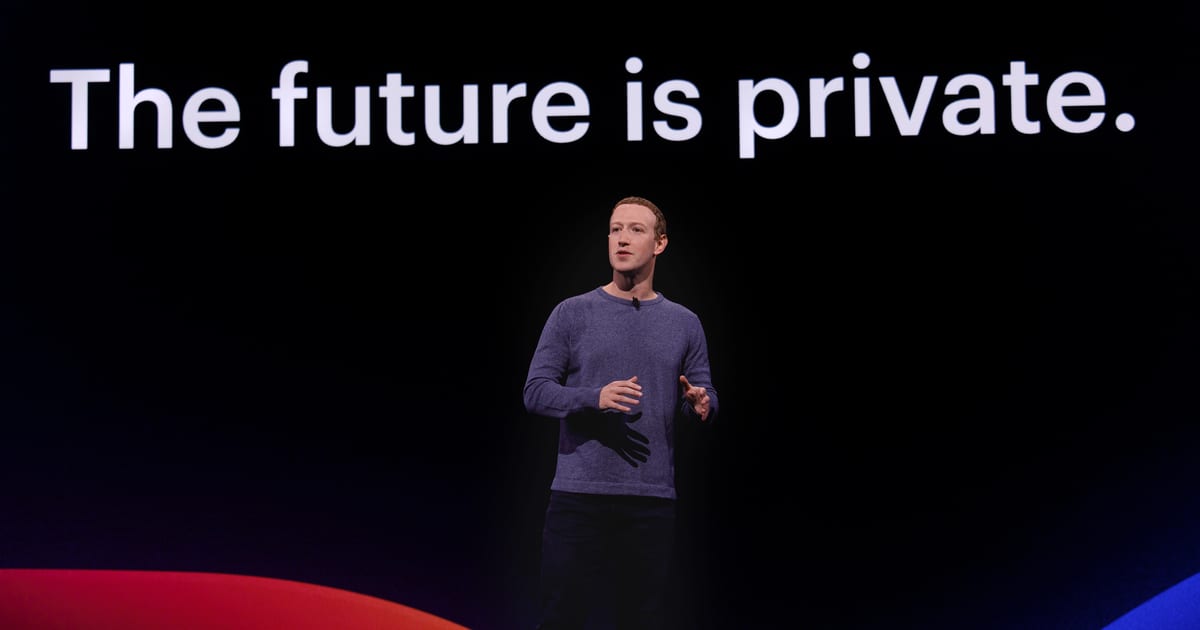
![AAPL Reports Record Q1 Revenue of .8 Billion and Record Q1 EPS of .99 [Update]](https://www.macobserver.com/wp-content/uploads/2016/06/apple-money-pile.jpg)
